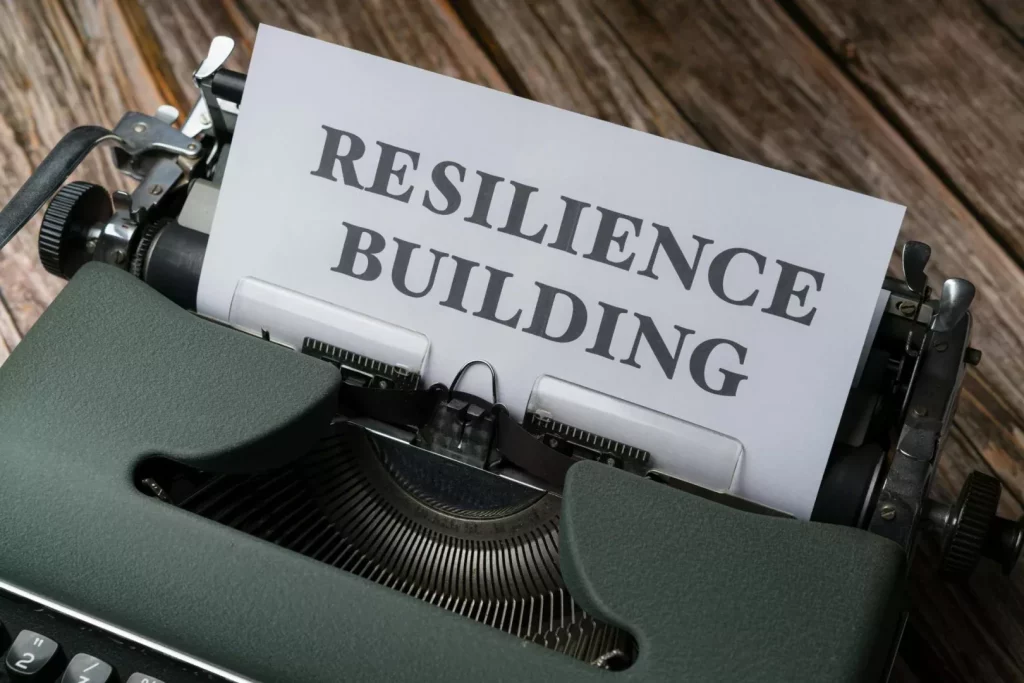Surviving a Bad Marriage Without Divorce
Have you ever felt trapped in a bad marriage, but unsure of how to move forward? As experienced divorce lawyers, we understand the challenges of struggling in a difficult relationship. In this article, we share practical advice on how to survive and possibly even improve a bad marriage without resorting to divorce.
As stated by “Marriage Rules: A Manual for the Married and the Coupled Up” by Harriet Lerner, communication is key to surviving a bad marriage without divorce. Seeking couples therapy or marriage counseling, as recommended in the book “Seven Principles for Making Marriage Work” by John Gottman, can also help improve the relationship. Setting boundaries and working on personal growth, as outlined in “The Five Love Languages” by Gary Chapman, can also contribute to surviving a bad marriage without divorce.
Communication
It’s important to share your feelings and concerns honestly. Talk about what you need and listen to your partner’s side too. Find a way to communicate that suits both of you, whether that’s through calm talks or writing letters.
Avoid being passive-aggressive and deal with issues directly. Even when emotions are high, speak respectfully. Practice really listening to understand your partner. Be ready to compromise and find solutions you both agree on.
Keep talking regularly by making time for each other. Come to think of it, avoid distractions and focus on your partner. Show appreciation and love, even during tough times. Let your partner know you want to work through challenges together.
If needed, seek help like couples therapy. A neutral person can offer guidance and support. Don’t hesitate to ask for help when talking becomes too hard.
Remember, good communication takes effort from both of you. Be patient and willing to work on your communication skills as you deal with the ups and downs of your relationship.
Seeking help
When all is said and done, getting help is really important to get through tough times and maybe even make things better. You can talk to a therapist or counselor to deal with problems and learn how to communicate better. It’s also good to reach out to trusted friends or family for support and advice; they can be a great comfort when things are rough.
It seems that, sometimes, talking to professionals like lawyers or financial advisors can help you understand your options and make smart choices.
Don’t be afraid to ask for help—there are many resources out there to help you handle the challenges of a bad marriage. Taking care of yourself and setting boundaries are key to getting through a tough marriage without jumping straight to divorce. Asking for help shows strength and bravery, and it can lead to positive changes over time.
Setting boundaries
You need to clearly tell your partner what you need and what you can’t put up with. This means letting them know what kind of behavior is okay and what isn’t. Setting these boundaries helps prevent you from being treated badly or used.
Boundaries can include how you talk to each other, personal space, and making decisions. It’s important to be firm about your boundaries, even if your partner tests them. It’s alright to say no and put your well-being first.
When you set boundaries, be clear and stick to them. Tell your partner what is not acceptable and what will happen if they cross the line. When all is said and done, also, respect your partner’s boundaries too.
In a bad marriage, setting boundaries can make you feel safer and more in control. It protects you from emotional harm and helps you keep your self-respect. By setting boundaries, you show you deserve to be treated with respect.
Remember, setting boundaries isn’t about controlling your partner; it’s about looking out for yourself. It’s about standing up for your needs and values in a respectful but firm way. By setting boundaries, you can handle a bad marriage with more strength and resilience.
Self-care
Believe it or not, taking care of yourself can help you get through tough times without thinking about divorce. Make sure to set aside time to relax and unwind. Do things that make you happy and comfortable, like taking a walk, reading, or enjoying a hobby. Talk openly with your spouse about how you feel and listen to them too. Set limits to keep your mind and emotions healthy.
Come to think of it, get support from friends, family, or a therapist to help you deal with problems in your marriage. Stay true to who you are and what you believe in. Don’t forget to put your own happiness first and take care of yourself, even during a hard marriage. Self-care can help you cope with challenges and uncertainties and help you make the best decisions for your well-being.
Resilience
When all is said and done, it means being able to recover from tough situations and not giving up easily. To stay in a difficult marriage without opting for divorce, it’s key to talk openly and honestly with your partner. Try to solve problems together and work on making the relationship better. Be ready to compromise and make changes to help the marriage succeed.
So to speak, get help from friends, family, or a therapist to guide you through challenging times. Remember to look after yourself and care for your own well-being. Stay positive and focus on the good parts of your marriage. Find ways to build a stronger bond and create a more satisfying partnership. Keep in mind that resilience is a skill you can develop over time, so don’t lose hope and keep working towards a healthier and happier marriage.

My Concluding Thoughts
As outlined previously in times of difficulty in a marriage, it is important to prioritize communication, seek counseling, and work towards compromise and understanding.
What TheBostonDivorceLawyers is stressing the need for is to remember that every relationship goes through ups and downs, and with dedication and effort from both partners, it is possible to overcome challenges and rebuild a strong and lasting bond. Through patience, empathy, and a willingness to change, a bad marriage can be survived without resorting to divorce.







